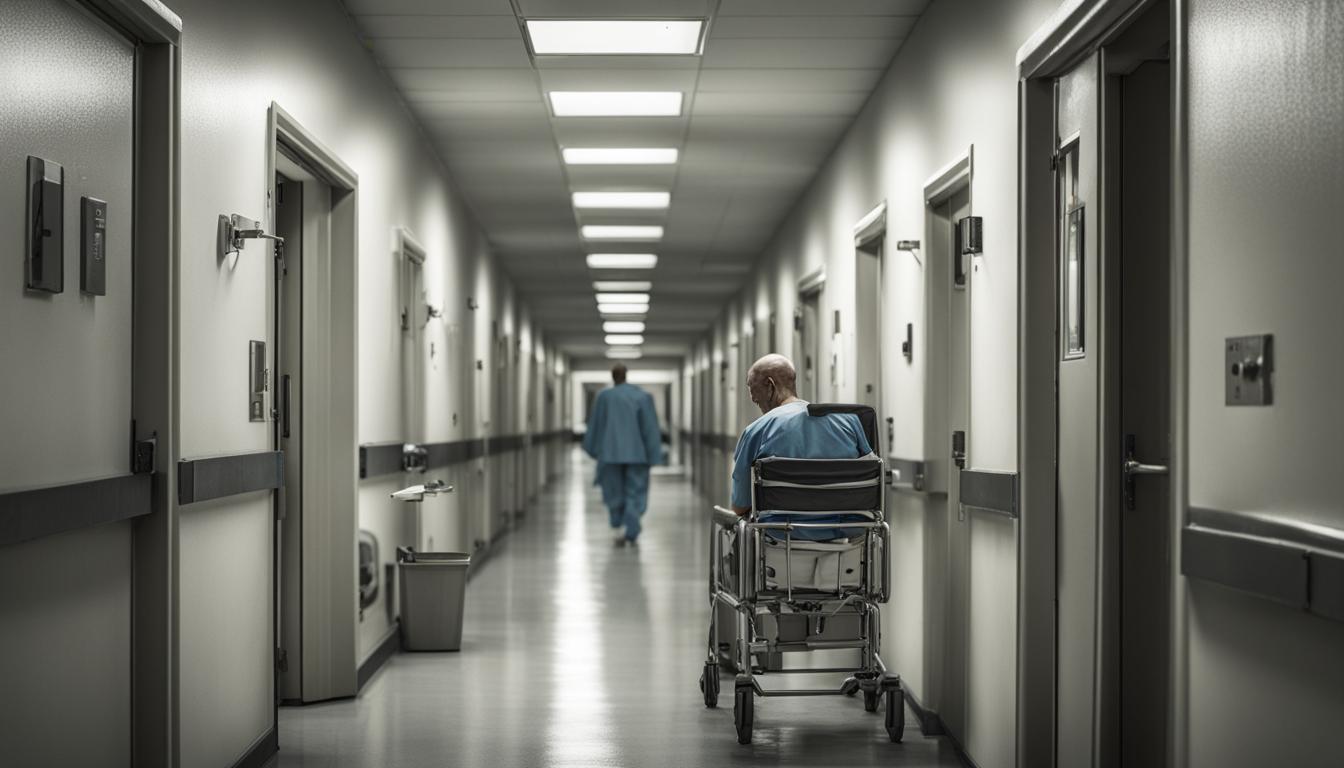New research indicates significant gaps in cancer care between prisoners in England and the general population, with prisoners facing a higher risk of death and lower chances of receiving treatment.
A recent study by researchers from King’s College London, the University of Surrey, and University College London has uncovered disparities in cancer treatment and survival rates between prisoners in England and the general population. The research, published in the Lancet Oncology and eClinicalMedicine, analyzed data from the National Disease Registration Service. Findings indicate that prisoners diagnosed with cancer have a 28% lower likelihood of receiving treatment like surgery and face a 9% higher risk of death compared to non-incarcerated individuals. Factors contributing to these disparities include lower health literacy, and challenging access to general practitioners and consistent treatment.
Dr. Elizabeth Davies, the lead researcher, stressed the need for equivalent standards of care for prisoners as for those in the community. Shock at these findings was also expressed by Dr. Miranda Davies from the Nuffield Trust, pointing to a systemic problem in meeting healthcare needs within the prison system. Both government and NHS officials recognized the need to improve healthcare to ensure effective cancer treatment accessibility for prisoners.
In another development, King Charles, having been diagnosed with cancer earlier in the year, is preparing to resume public engagements. His upcoming schedule includes a visit to a hospital and cancer center, reflecting his personal experience with the disease and a commitment to supporting cancer care and research. Buckingham Palace has reported positive developments in his health, though adjustments to his engagements remain possible based on ongoing medical advice. This upcoming visit is part of a broader effort by the King to engage in public duties, including hosting international royalty, while advocating for cancer awareness and early diagnosis.













